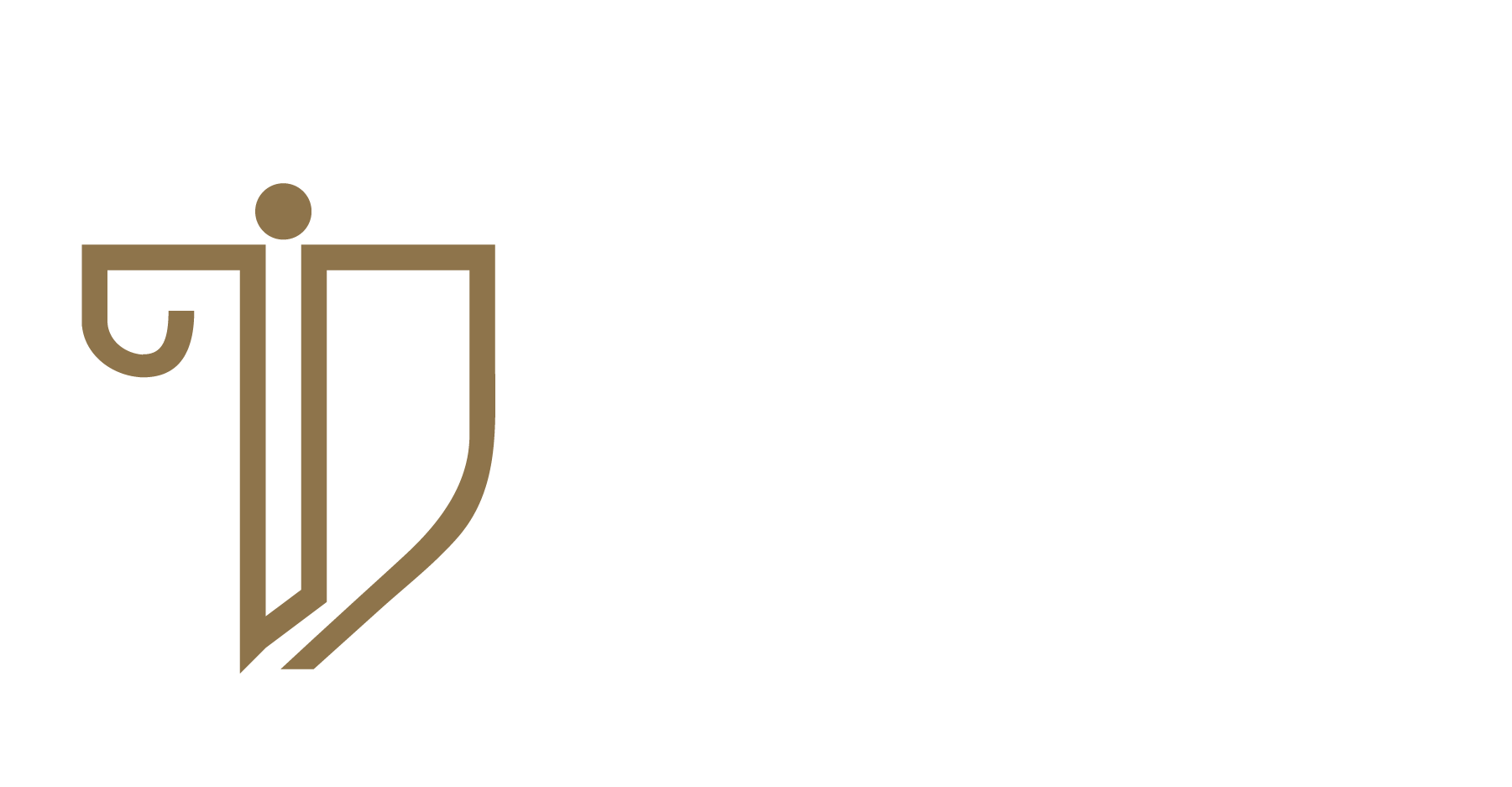CALL TODAY (855) 387-2963
Table of Contents
How Are Civil Cases Initiated and Resolved
Filing a Lawsuit: Steps and Requirements
The Role of Negotiation and Mediation
Trial Process: From Jury Selection to Verdict
Settlements and Alternative Dispute Resolution (ADR)
How Does the Outcome of a Civil Case Affect Individuals?
The Role of Lawyers in Civil Cases
What Is a Civil Case?
A civil case is a legal dispute between two or more parties, typically involving private matters. It usually concerns issues like private property rights, contract breaches, probate, divorce, negligence, and copyright violations. In a civil case, one party (the plaintiff) claims that another party (the defendant) has failed to fulfill a legal duty owed to them. The plaintiff may ask the court to compel the defendant to fulfill their obligation, or to compensate for the harm caused, or both. These cases can be brought in both state and federal courts depending on the nature of the dispute and the involved parties.
How Are Civil Cases Initiated and Resolved
Filing a Lawsuit: Steps and Requirements
A civil case begins with the filing of a complaint. The plaintiff, who initiates the lawsuit, files this complaint in the appropriate court, detailing the damages or injury suffered and attributing responsibility to the defendant. The court then issues a summons to notify the defendant of the lawsuit, which includes details like case type, judge, court, and a copy of the complaint. The defendant has a limited time to respond to the complaint, and failure to respond can result in a default judgment in favor of the plaintiff.
The Role of Negotiation and Mediation
Before or during the legal proceedings, the involved parties may engage in negotiations or mediation to resolve the dispute without going to trial. These processes are less formal and can be more cost-effective and quicker than a trial. They involve discussions and agreements facilitated by a neutral third party (mediator) to reach a mutually acceptable resolution.
Trial Process: From Jury Selection to Verdict
In cases that go to trial, the process begins with jury selection, except in cases tried only before a judge. The judge and the attorneys question potential jurors to determine their suitability for the case. The trial then proceeds with opening statements from both sides, followed by the presentation of evidence, witness testimony, and cross-examination. The trial culminates in closing arguments, jury instructions, deliberation, and finally, the verdict. The judge or jury examines the evidence to decide, based on a "preponderance of the evidence," whether the defendant should be held legally responsible for the damages alleged by the plaintiff.
Settlements and Alternative Dispute Resolution (ADR)
Many civil cases are resolved through settlements or ADR methods like arbitration and mediation before reaching trial. Settlements involve the parties agreeing to resolve the dispute, often with monetary compensation. ADR offers an alternative to traditional court proceedings, providing a platform for dispute resolution that can be less formal, less expensive, and more expeditious. The outcomes of ADR can vary, from financial settlements to agreements for specific actions or inactions.
How Does the Outcome of a Civil Case Affect Individuals?
Winning a civil lawsuit generally results in the plaintiff receiving a judgment for monetary damages, which may be structured over time. If the defendant loses, they must pay the damages awarded to the plaintiff. In some cases, the court might also order the losing party to pay the legal costs of the winning side. However, even if victorious, the plaintiff might not recover all their legal expenses, as courts rarely order the losing party to pay 100% of the winner’s legal costs. Conversely, if the plaintiff loses, they may end up paying their legal fees and possibly a portion of the defendant's fees.
In personal injury cases, the outcome can significantly impact the injured party's life, especially in terms of receiving compensation for medical expenses, lost wages, and pain and suffering. Similarly, in family law matters, the outcome of a case can have long-lasting effects on familial relationships, child custody arrangements, and financial matters such as alimony and child support.
The Role of Lawyers in Civil Cases
Lawyers in civil cases have a duty to represent their clients' interests zealously within the bounds of the law. They are responsible for advising their clients on the legal aspects of the case, preparing and filing necessary documents, representing their clients in court, and conducting the trial. This includes making opening statements, examining and cross-examining witnesses, and presenting evidence. Lawyers are also obliged to adhere to ethical standards and maintain client confidentiality.
Civil cases can be difficult, but with the right legal support, it can lead to a resolution that safeguards your interests and upholds justice. Whether you're navigating the aftermath of a personal injury or dealing with sensitive family issues, the expertise of Family Matters Personal Injury Lawyers stands ready to provide the support and guidance you need. Don't let uncertainty over legal processes and outcomes hinder your steps towards justice and resolution. Reach out to our
personal Injury lawyers today to secure your family's future. With our dedicated team, you can embark on this legal journey with confidence and clarity.
Hours:
Mon. - Thurs:
9:00am - 5:00pm
Friday:
9:00am - 1:00pm
Saturday - Sunday: Closed
Personal Injury Quick Links
This website is a public resource of general information concerning our law firm and not intended to be a source of legal advice. Family Matters Law Group, P.C. intends to provide up-to-date, current, and correct information, however it does not guarantee, promise or assert that the information is as such. The information is not intended to create, and receipt of it does not constitute, an attorney-client relationship. Internet subscribers and online readers should not act upon this information without seeking professional counsel. You should consult an attorney for individual advice regarding your own situation. Links on this website are not intended to be referrals or endorsements of the linked entities. Family Matters Law Group, P.C. expressly disclaims all liability in respect to actions taken or not taken based on any or all of the contents of this site. The reproduction or retransmission of the contents of this Web site is prohibited without the prior written consent of Family Matters Law Group, P.C.
All Rights Reserved | AWIL Injury Law


